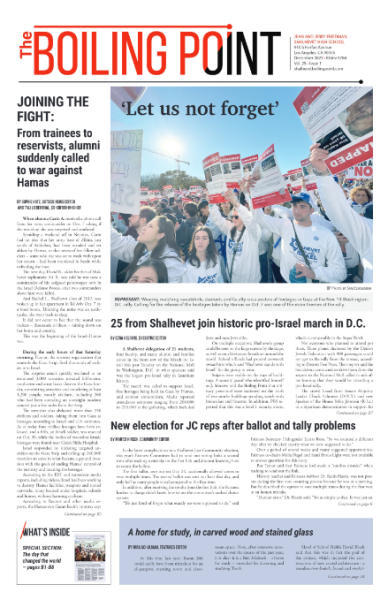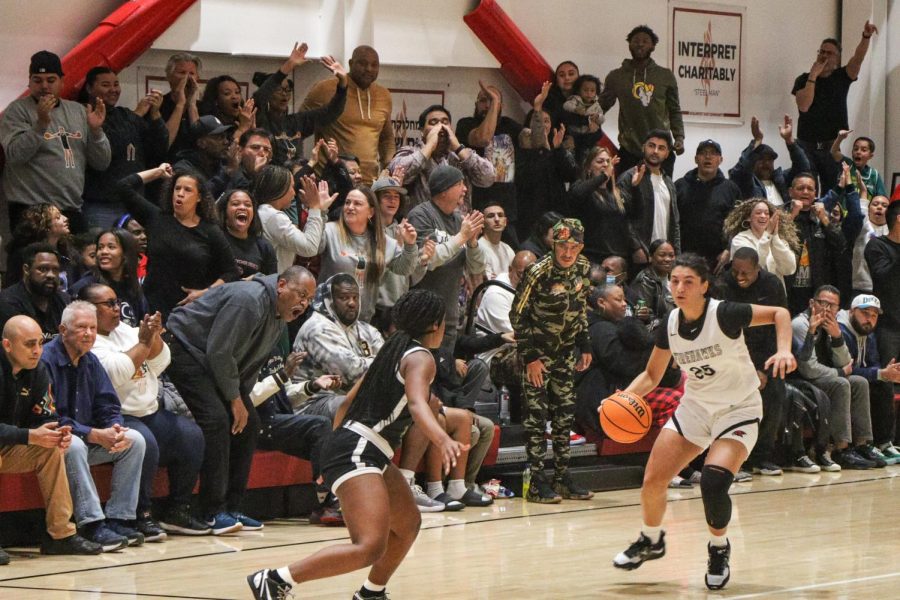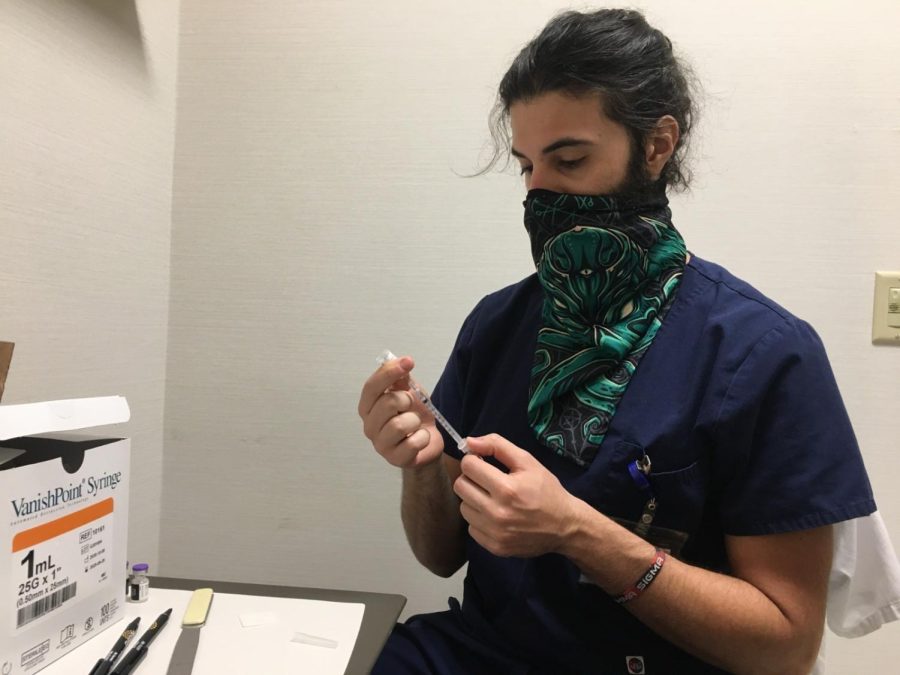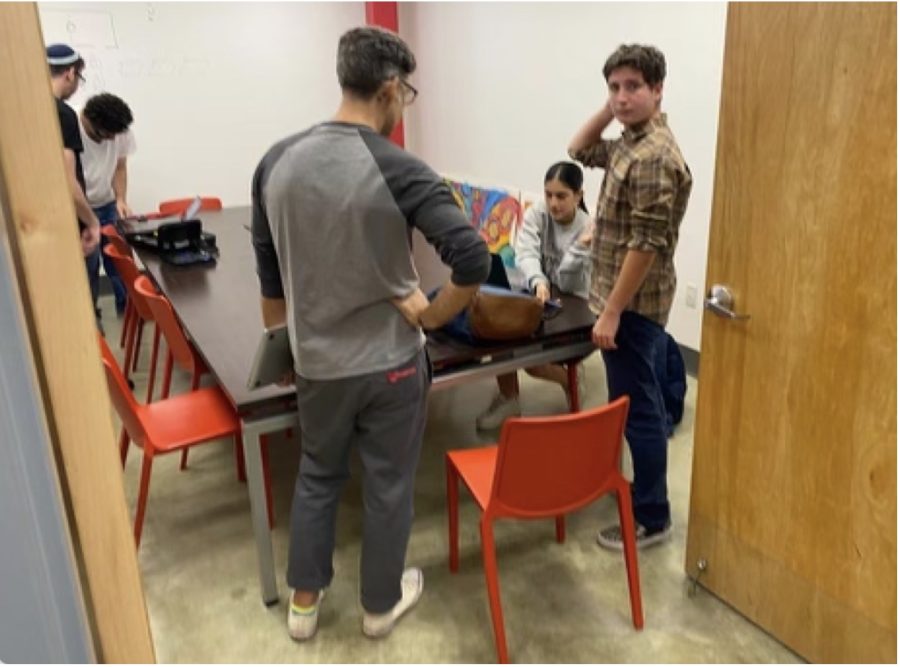Though both Elana Kagan and Ruth Bader Ginsburg had Jewish upbringing and identify strongly as Jews, it’s difficult to tell how Judaism affects their views as justices of the Supreme Court.
Both identify with the Democratic Party and they hold similar political views. But their opinions differ on abortion and gun control. And while they agree on capital punishment, on that subject their stance may not agree with Jewish law at all.
Principal of Judaic Studies Rabbi Ari Leubitz described Orthodox Judaism’s stand on abortion.
“We treat a fetus as something that is sacred and a life, and someone who kills a fetus is culpable,” Rabbi Leubitz said. “But it’s not considered the same as killing a live human being. However, abortion should not be legal.”
Although Justices Kagan and Ginsburg both have stated they are pro-choice, Justice Kagan is staunchly opposed to partial birth abortion, while Justice Ginsburg believes it should be allowed but regulated by the government.
Partial birth abortion is sometimes needed to save a mother’s life. Rabbi Leubitz said that would make it permissible.
“Of course the mother’s health, whether it be physical or emotional, is a different issue and the exception,” Rabbi Leubitz said, adding, “Generally, though, abortion should not be used as a form of birth control.”
Regarding gun control, Justice Kagan interprets the Second Amendment – ensuring the right of the people to “keep and bear arms” – as referring to the establishment of a militia, and she does not believe individuals have the right to own a firearm.
Justice Ginsburg believes that there is a constitutional right to own a gun, but that the state may place limits on the exercise of the right. For example, last year she supported the constitutionality of a gun-control law denying guns to people convicted of domestic violence.
“Firearms and domestic strife are a potentially deadly combination nationwide,” wrote Justice Ginsburg in the majority ruling in that case. (http://tinyurl.com/GinsburgGuns).
That would seem to agree with the Jewish view.
“Halacha,” said Judaic Studies teacher Rabbi Rodney Feinerman, “would certainly require a person to be very careful when bringing something dangerous into your house.”
But both Justice Ginsburg and Justice Kagan agree that the death penalty may be applied in some cases.
“I am fully prepared to argue, consistent with Supreme Court precedents, that the death penalty is constitutional,” stated Justice Kagan (http://tinyurl.com/BPdeathpenalty).
Justice Ginsburg says a death sentence should never be issued without considering all mitigating evidence – meaning all aspects of a guilty individual, like their personality and past, should be taken into account as well as the crime committed.
She finds such cases very uncomfortable.
“The first time I was part of this process, it was a bloody murder, it was just a horrendous crime, and every time I’m part of that process, I am unsettled,” Justice Ginsburg. (http://tinyurl.com/BPGinsburgdeath)
Neither view, it seems, meets the standard of Jewish law.
“The way the halacha is set up, capital punishment is on the books, but the criteria for allowing capital punishments is extremely high,” said Rabbi Leubitz. “It’s there as a deterrent but not something that is readily practiced.”
According to Rabbi Feinerman, for the death penalty to be carried out under Jewish law, there must be two eyewitnesses to the crime. The witnesses can’t be related, and they must see the crime from the same physical perspective and must warn the person not to do it – a few seconds before the crime is committed.
Then, a jury of 21 people must unanimously agree to impose it.
“Halacha would have lots of concerns with the way it is deliberated and meted out,” Rabbi Leubitz said. He said that in American law only requires a jury to find evidence indicating that a person is guilty beyond a reasonable doubt, whereas in halacha, guilt “must be even beyond a reasonable doubt.”
























